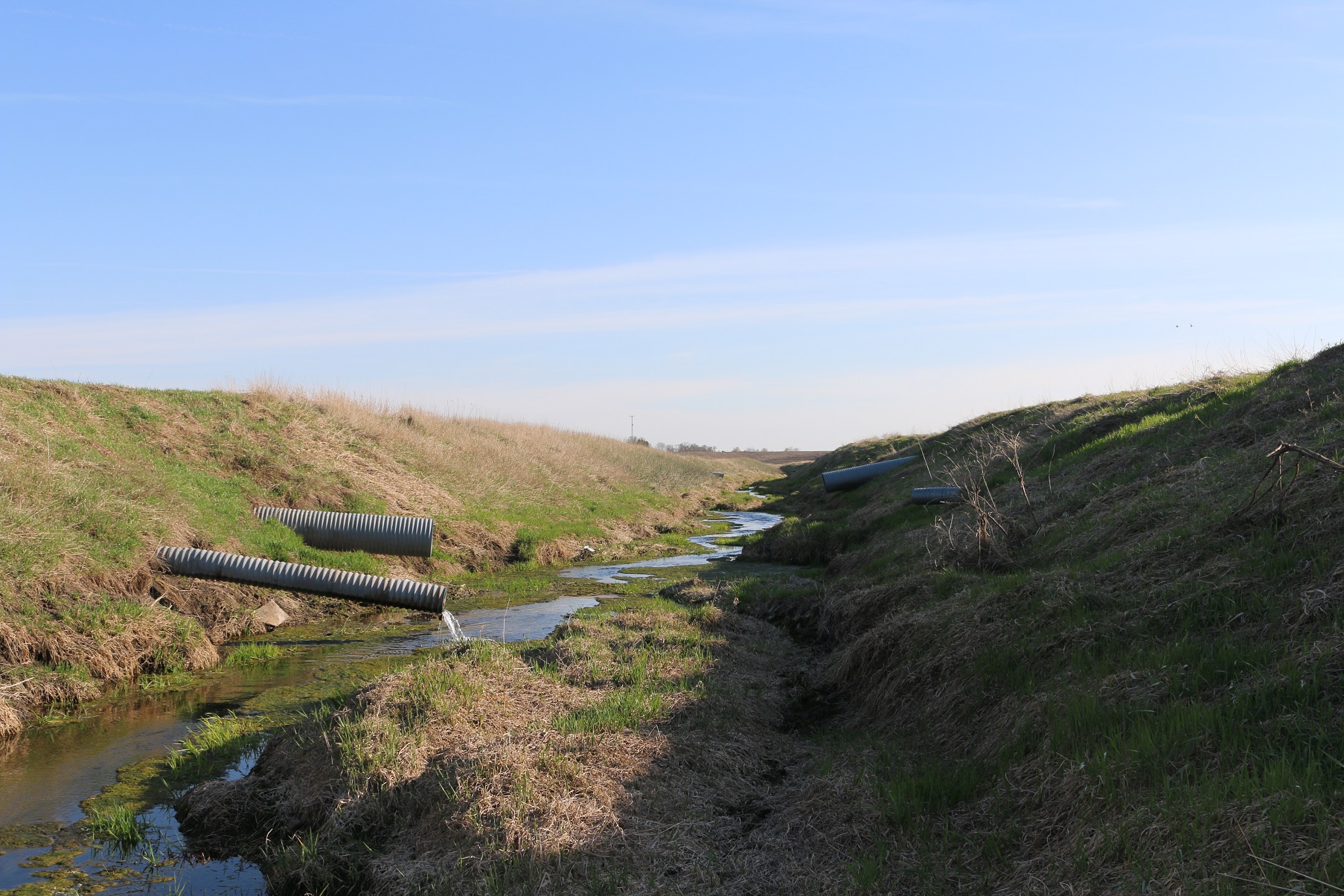
To the editor:
Iowans have paid the price for our polluted waters for years. Expensive nitrate mitigation costs are reflected in our water bills, closed beaches, damaged wildlife and ecosystems and limited recreational opportunities. With each passing year, we see an increase in the number of Iowa’s highly polluted waters.
Also increasing are the number of Iowans who feel it’s time to take action. But action will take money, and that leads us to a deceptively simple question: Who’s going to pay?
Modern countries around the world employ an environmental principle knows as the Polluter Pays Principle (PPP). It’s described by the “Encyclopedia of Earth” as “an environmental policy principle which requires that the costs of pollution be borne by those who cause it. Its immediate goal is that of internalizing the environmental externalities of economic activities, so that the prices of goods and services fully reflect the costs of production.”
When it comes to Iowa’s water pollution, Iowa State University soil scientists have assured us that about 92 percent of the problem is caused by agriculture. And so for some, the farmer is the polluter. In my opinion, however, a fairer view would include those industries that rely on the farmer to produce their profits.
Equipment manufacturers, for example, and fertilizer dealers and hog integrators all materially benefit from the polluting activity of the farmer. As such, all of the entities who benefit should shoulder some of the responsibility for the problem and share in the cost of fixing it.
On the other end of the economic spectrum, we have the consumers who benefit from having ready access to inexpensive food. To be fair, consumers of products such as pork, beef, chicken and eggs should be asked to pay a small fee added to the price of these goods, which would be made available to the farmer for pollution-mitigation purposes.
Farmers benefit from a number of taxpayer-supported cost-share programs that address water quality as well as a number of tax-supported federal subsidies. Raising taxes on all of us or penalizing one aspect of our society — as Gov. Branstad’s plan to use education funds does — in order to pay for additional cleanup efforts simply isn’t fair and will rightly be met with significant resistance.
A tax that targets those who materially and directly benefit from the economic activity that produces the pollution is equitable and one that the majority of Iowans would support.
Joe Monahan
Boone

















I agree in principle but not in practice. The system is rigged such that any extra expenses the polluters incur will be passed on to the consumers. If you really want to make a difference, avoid GMO and other processed foods as much as possible and reduce your family’s intake of pork. Make a commitment neither to purchase nor consume pork one week out of the month. Also, corn-based ethanol is a racket and contributes substantially to pollution. Insist to your legislators that all federal mandates for ethanol production cease.